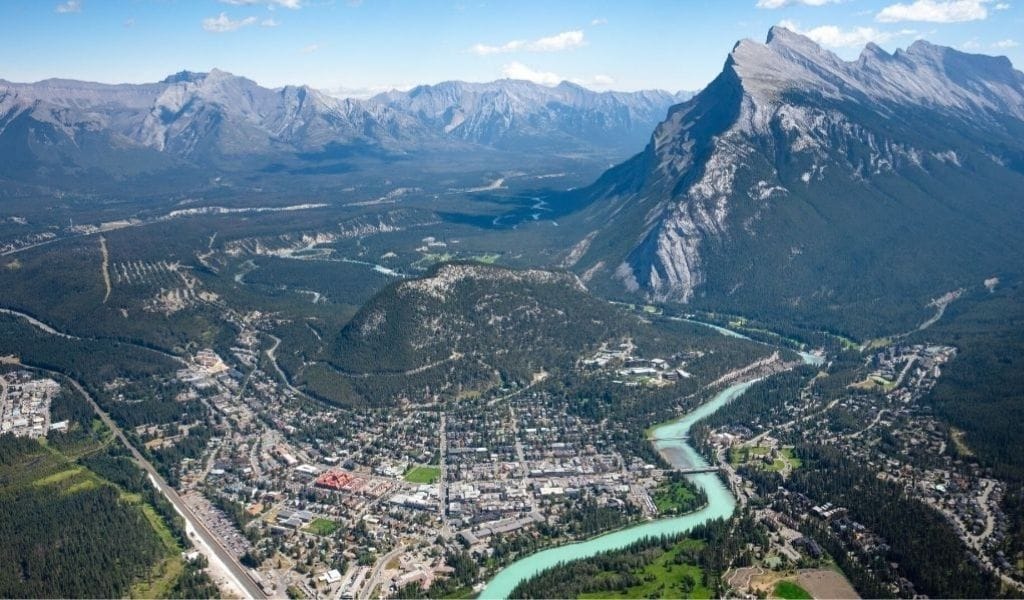- Bow Valley Insider
- Posts
- Canadians Now Face $100 Per Person Extra at America’s Top 11 Parks
Canadians Now Face $100 Per Person Extra at America’s Top 11 Parks
A family of four will see a $30 visit jump to $430

At the same time Canada is preparing to open its national parks to visitors for free next winter and summer, the United States is moving in the opposite direction with some of the steepest fee increases for foreign tourists in National Park Service history.
Beginning January 1, 2026, nonresidents visiting the 11 most popular American national parks will be charged a new $100 per person fee on top of the standard entrance price. For annual passes, which currently cost $80 for everyone, will now be split into two tiers: $80 for U.S. residents and $250 for nonresidents.
The new fee structure follows a decision by the Department of the Interior, which says the system will ensure that “U.S. taxpayers continue to enjoy affordable access, while international visitors contribute their fair share.” The change is being framed as a resident-focused, patriotic modernization.
The timing, however, highlights a growing divergence between the two countries. The move follows on the heels of Canada introducing the Canada Strong Pass for summer 2025, which offered free admission to national parks and historic sites nationwide. The program now returns for two major travel windows: December 12, 2025 to January 15, 2026 and June 19 to September 7, 2026. The Canada Strong Pass covers all national parks, national historic sites, and national marine conservation areas. No registration or documentation is required.
How Much More Canadians Will Pay in the United States
The new $100 per person surcharge will apply at the 11 most visited national parks in the United States:
Acadia National Park
Bryce Canyon National Park
Everglades National Park
Glacier National Park
Grand Canyon National Park
Grand Teton National Park
Rocky Mountain National Park
Sequoia & Kings Canyon National Parks
Yellowstone National Park
Yosemite National Park
Zion National Park
Right now, entrance fees at these parks range from $30 to $35 per vehicle for a seven-day pass.
Beginning in 2026, nonresidents will pay that vehicle fee plus $100 per person.
For example, a Canadian family of four arriving in one car would go from paying $30 to $35 to paying $430 to $435.
The annual pass increase is also significant. Nonresidents who currently pay $80 for one year of unlimited access will pay $250 starting in 2026.
Canada’s Approach Looks Very Different
Canada is moving in the opposite direction. The Canada Strong Pass, which first launched in 2025, is returning for two major periods in 2026. Visitors from any country can access national parks for free between December 12 and January 15 and again between June 19 and September 7.
The program offers free entry to national parks and historic sites, free or discounted museum admission and discounted VIA Rail fares. Families traveling with children receive heavily reduced rail travel, and young adults receive across the board discounts.
In effect, Canada is lowering barriers for international visitors at the exact moment the United States is raising them.
For American families planning a trip to Banff or Jasper in summer 2026, entry will cost zero dollars. For Canadian families planning a trip to Yellowstone or Yosemite that same summer, the price of admission will be over ten times higher than it is today.
Reply